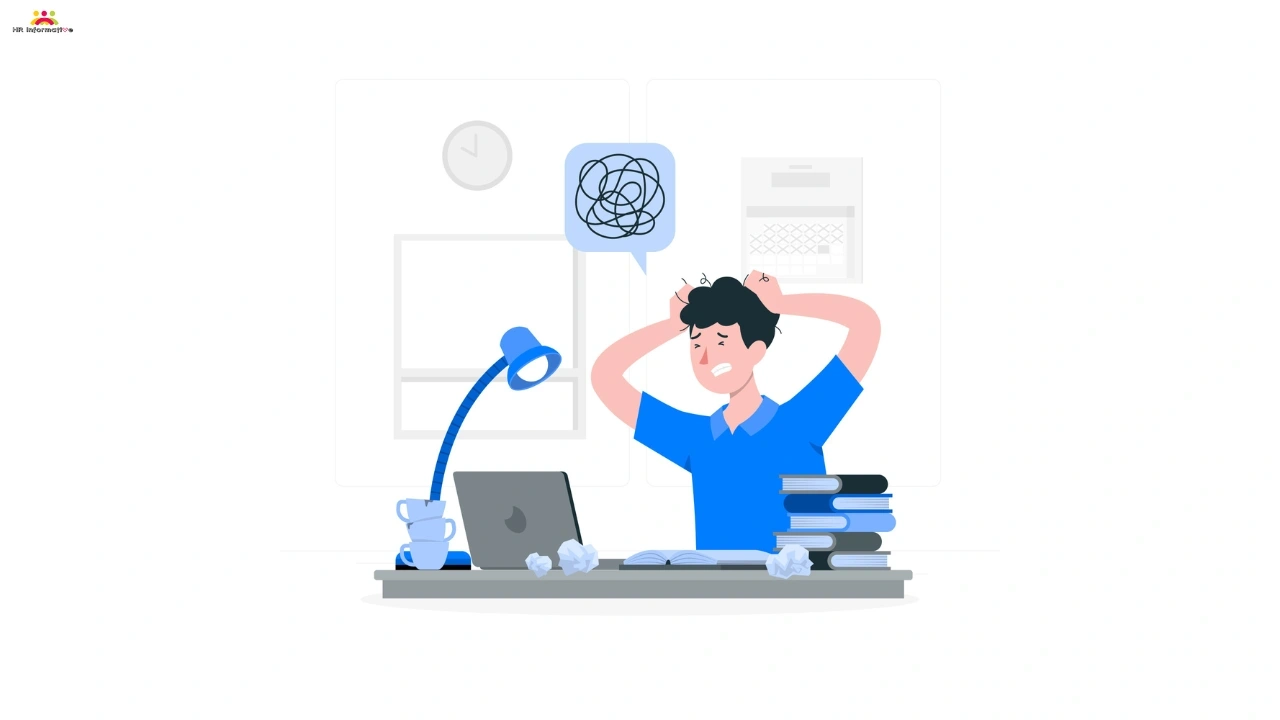Stress is something we have all faced at different points in our lives. It is that feeling of being overwhelmed when juggling too many responsibilities or encountering unexpected challenges. While a bit of stress can sometimes push us to perform better, too much of it can take a toll on our health and happiness.
What Exactly Is Stress?
At its core, stress is our body’s way of responding to any demand or threat. Imagine you are about to give an important presentation; your heart races, your palms get sweaty, and you are suddenly more alert. This is your body’s natural “fight-or-flight” response kicking in, preparing you to handle the situation. In small doses, this can be helpful. But when stress becomes a constant companion, it can lead to problems.
Common Causes of Stress
Stressors, or things that cause stress, can vary widely from person to person. Some common sources include:
- Environmental Factors: Living in a noisy neighbourhood or dealing with heavy traffic daily.
- Social Factors: Navigating relationship issues or feeling isolated from friends and family.
- Financial Concerns: Worrying about bills, debts, or job security.
- Work-Related Issues: Facing tight deadlines, heavy workloads, or conflicts with colleagues.
- Major Life Changes: Experiencing events like moving to a new city, going through a breakup, or losing a loved one.
How Stress Affects Our Bodies
When we encounter a stressful situation, our bodies react in several ways:
- Alarm Stage: Recognizing a threat, our brain signals the release of hormones like adrenaline and cortisol. This results in physical changes such as increased heart rate and heightened senses.
- Resistance Stage: If the stress continues, our bodies try to adapt, but we might feel irritable or have trouble focusing.
- Exhaustion Stage: Prolonged stress without relief can drain our energy, leading to fatigue and a weakened immune system.
Different Types of Stress
Not all stress is the same.
- Acute Stress: Short-term stress that arises from immediate challenges, like preparing for a job interview.
- Episodic Acute Stress: Frequent bouts of acute stress, often experienced by those who take on too much or are always in a hurry.
- Chronic Stress: Long-term stress from ongoing situations, such as an unhappy relationship or a demanding job.
Recognizing Stress Symptoms
Stress can manifest in various ways:
- Physical Symptoms: Headaches, muscle tension, fatigue, sleep disturbances, digestive issues, and increased heart rate.
- Emotional Symptoms: Anxiety, irritability, depression, mood swings, and feelings of being overwhelmed.
- Behavioural Symptoms: Changes in appetite, procrastination, increased use of alcohol or drugs, and withdrawal from social interactions.
Managing Stress in Everyday Life
While we cannot eliminate stress entirely, we can adopt strategies to manage it:
1. Lifestyle Changes
- Regular Exercise: Activities like walking, yoga, or dancing can boost mood and reduce stress.
- Balanced Diet: Eating nutritious meals helps our bodies cope better with stress.
- Adequate Sleep: Ensuring we get enough rest rejuvenates our minds and bodies.
2. Relaxation Techniques
- Mindfulness Meditation: Taking a few minutes each day to focus on the present can calm the mind.
- Deep Breathing Exercises: Slow, deep breaths can help reduce tension.
- Progressive Muscle Relaxation: Tensing and then relaxing different muscle groups can ease physical stress.
3. Time Management
- Prioritizing Tasks: Breaking tasks into manageable steps can make them less overwhelming.
- Taking Breaks: Short breaks during work can refresh our minds and improve productivity.
4. Seeking Support
- Social Connections: Talking to friends or family about our feelings can provide comfort and perspective.
- Professional Help: Therapists or counsellors can offer guidance tailored to our individual needs.
Final Thoughts
Stress is a natural part of life, but it does not have to control us. By understanding its effects and adopting healthy coping strategies, we can navigate life’s challenges with resilience and maintain our well-being.
Explore More :



